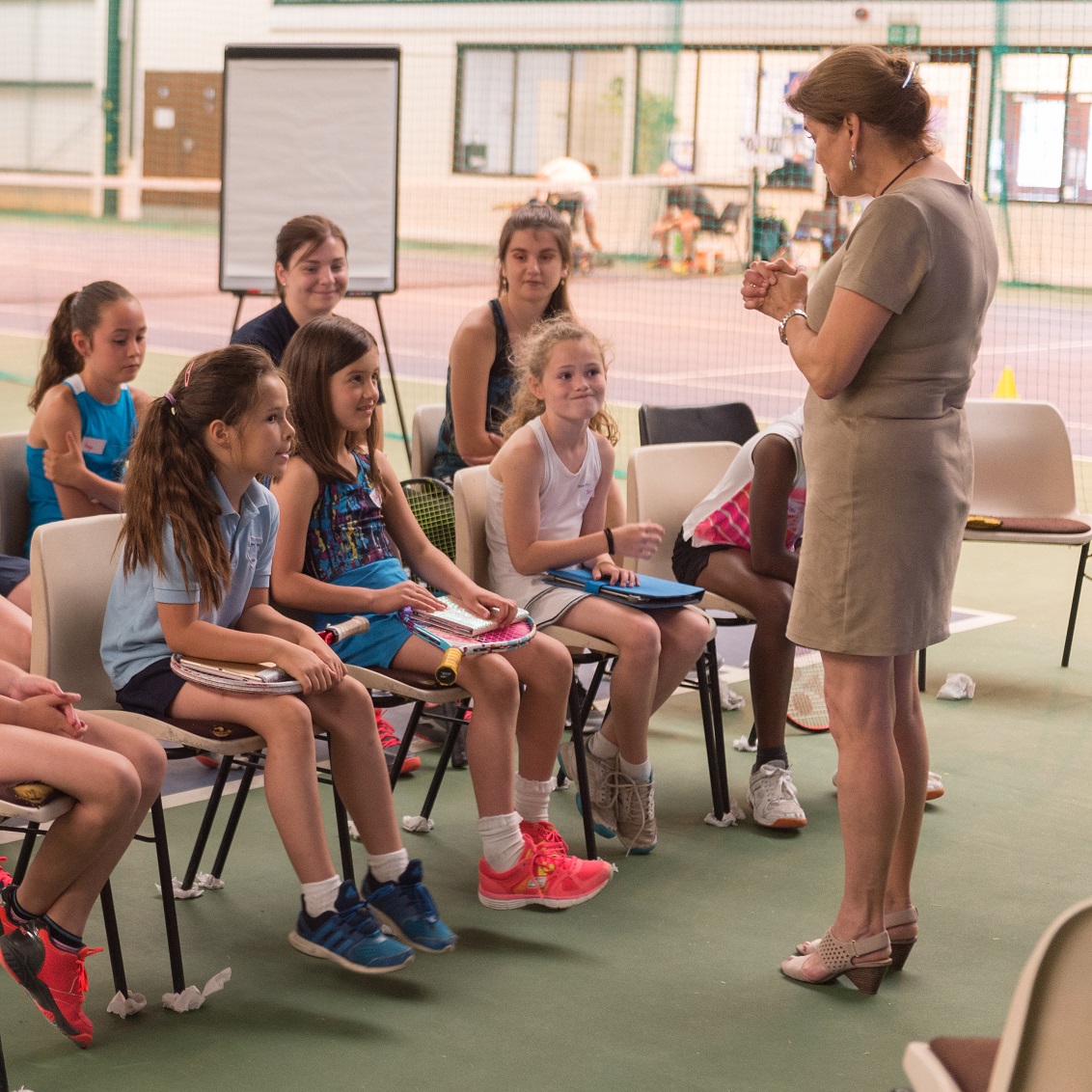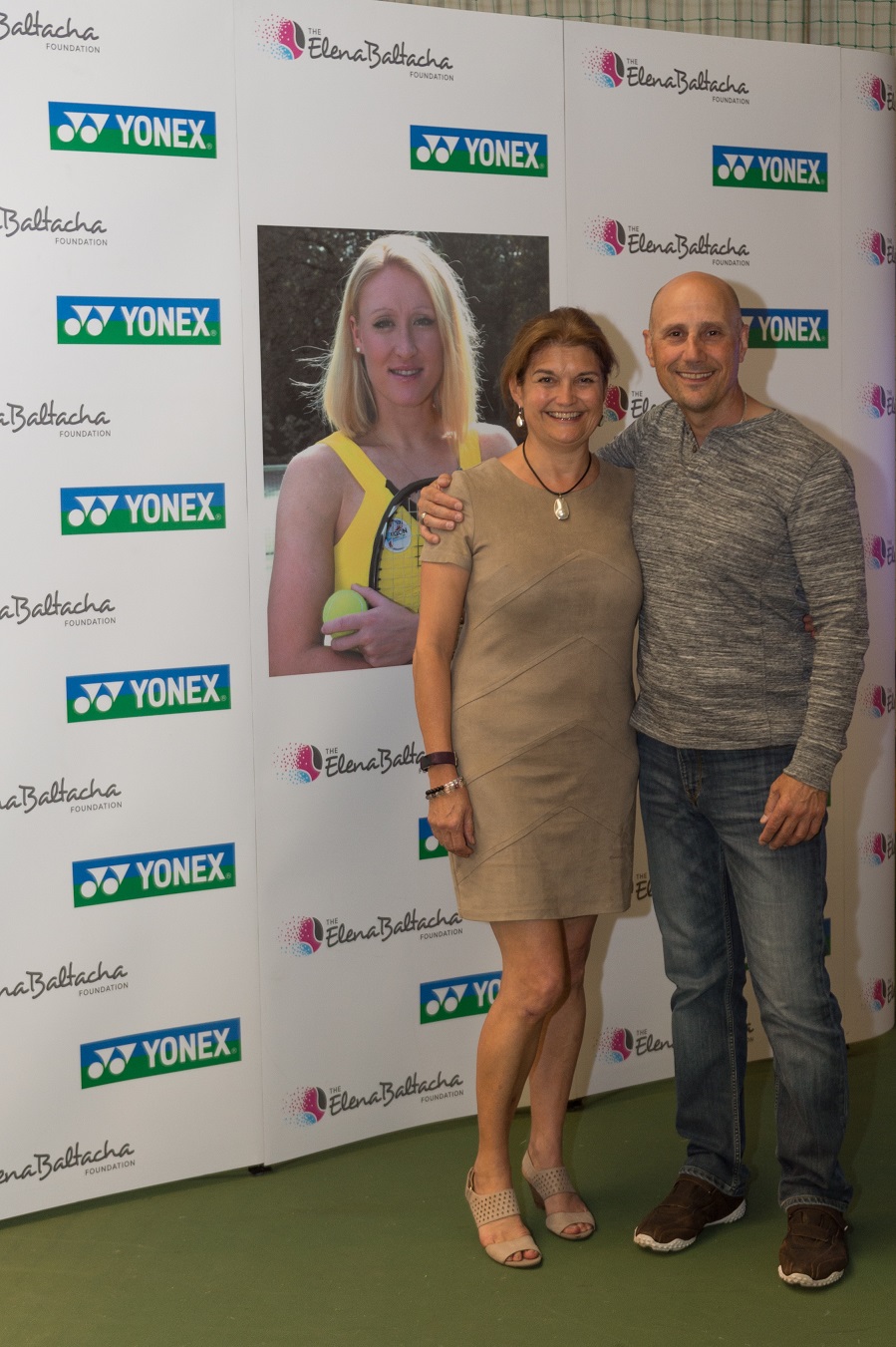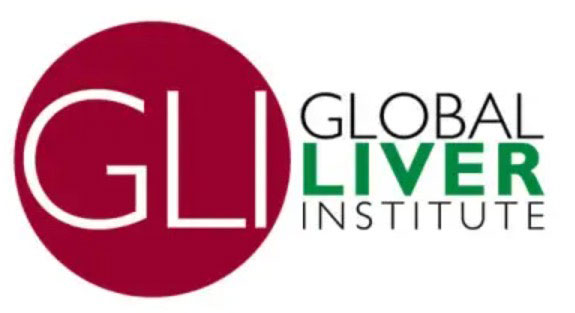WTA's Kathy Martin thrilled to see Bally's legacy in action
Posted 26 Jun 2018
A visit from the WTA's Kathy Martin was a perfect demonstration of how the Elena Baltacha Foundation has been enhancing Bally's legacy and continuing the excellent work that she started with husband and coach Nino Severino, now the Foundation chairman.
Kathy talks to the Foundation’s new media and PR associate Marc Beyeler about her respect for Bally, the role she has at the WTA and the importance of teaching youngsters how to negotiate life’s challenges while still pursuing their sporting dreams.
Bally encouraged children from all walks of life to take up tennis and develop a love for the sport, and wanted those involved at the academy to grow as individuals as well as players.
And Kathy’s visit, which saw her talk first to a group of 12 girls from the Elena Baltacha Academy of Tennis, and then to their parents, was all about ensuring player welfare is a top priority.
As Senior Director, Athlete Assistance at the WTA, Kathy was extremely well placed to pass on her advice – and she was only too aware of the significance of addressing such vital issues to EBAT girls.
“I wouldn’t be here if she (Elena) hadn’t done this (Academy),” said Kathy, who had got to know Bally over the years.
“Her passion for kids and helping children was very strong from an early age. Obviously Nino has taken on that legacy. Philosophically, what the academy is doing here is really important – looking at the whole person and fostering a real love of the game.
“Not all of these kids are going to be Wimbledon champions – that’s just reality. But they may be the next best coach or the next most fantastic physio or the next best sports journalist who writes about tennis!
“There are many ways in which they can fulfil that passion (for tennis). Tennis is a game for life. They’re not all going be champions but to help them grow as people while they are getting quality coaching is huge, that’s a real asset.”

Kathy grew up with a love for tennis at her home in Australia, but admitted her talents as a player were somewhat limited. That did not stop her getting involved in the sport in her adult life, however, and after completing a degree in physiotherapy, and a brief stint working with a dance company, an opportunity arose for her at the Australian Open.
“I was not particularly gifted as a player,” she said.
“Athletic skills are not right up there with me - that was not a pathway I was going to take. I was always interested in sport. When I did physiotherapy at university I thought I’d probably move into some kind of sporting area.
“I’ll never forget my mother once saying maybe one day ‘you could be a physio on the tennis circuit’ when we were watching the final of Brisbane or something. And it came to pass, so there you go.”
Sports science and medicine has evolved enormously across all sports in the past 20 years, and while Kathy said the WTA has placed great importance on mental health as well as physical well-being over the years, it has never had as greater prominence as it has now.
This was clear when Kathy, who supplemented her physiotherapy degree with a Masters in counselling, spoke to the girls as well as their parents. Helping players and their families understand that the qualities needed to become a top athlete extend far beyond pure physical ability is vitally important, and it is a sentiment that current players on the women’s tour have not only embraced, but also pass on to the next generation.
“Mental health and emotional well-being, along with physical well-being, has been on our radar since we first did an age eligibility review in 1994,” said Kathy.
“Most top-level performers see the need for psychological skills training, and having balance as a human being in order to be a good athlete.”
She continued: “It’s very important to get the message out early.
“A lot of our athletes are already doing work with children and children’s charities. For example, Madison Keys is involved in a group called FearlesslyGIRL USA, an anti-bullying campaign.
“A lot of them do kids’ clinics when we’re at tournaments. I said to the girls here that every WTA player was a child once with a dream of playing Wimbledon, or whatever it was. It’s got to start from there.”

Kathy is rightly proud of the excellent work the WTA has done to help their players lead healthy lives on and off court.
Thanks to an excellent relationship with the WTA, the Foundation has witnessed this first hand, as girls from the Academy have been fortunate enough to meet some of their heroes behind the scenes at some major tournaments this summer.
Veteran players such as Serena Williams and older sister Venus would not be competing for major trophies into their mid to late 30s without effective support for the players.
It is testament to their development as individuals, and the well-rounded approach to their careers, that players are competing for longer than ever before.
“We do a mixture of a lot of preventative educational work, and one-on-one work is there if individuals are looking for that,” added Kathy.
“People are appreciative of it. Things are improving as players are going on to have longer careers. We have definitely improved things enormously with a lot of our programmes."





